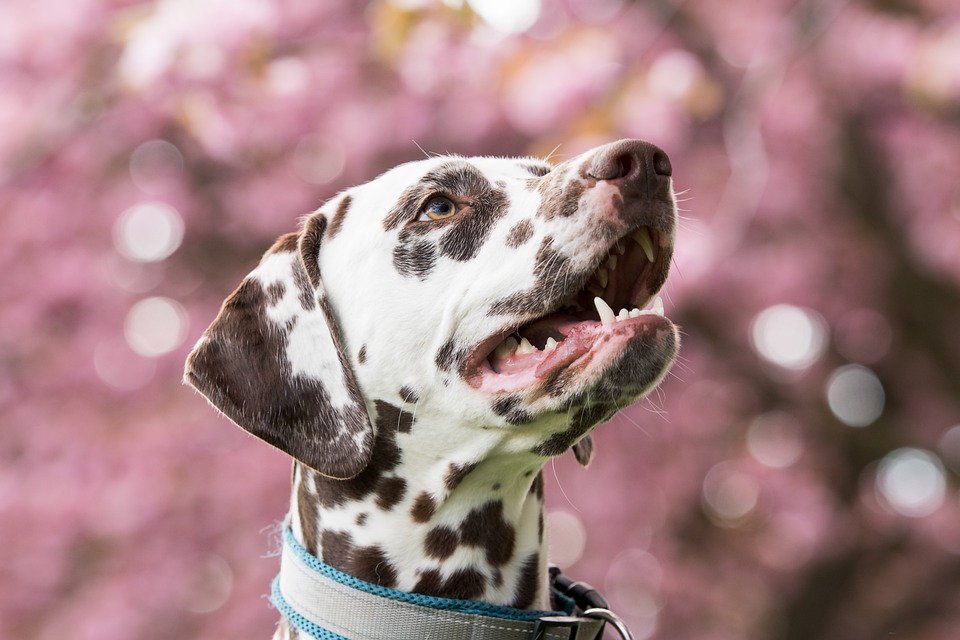Training a senior dog can be a rewarding experience that strengthens the bond between you and your loyal companion. As our beloved furry friends age, it’s important to remember that their ability to learn and adapt is not diminished. In this article, we will explore some valuable tips for training your senior dog, and address common questions and concerns in our FAQs section.
1. Understand your senior dog’s limitations and needs
Just like humans, dogs experience physical and cognitive changes as they age. It is crucial to take these changes into consideration when training your senior dog. Be mindful of any hearing or vision impairments, arthritis, or other health issues that may affect their ability to perform certain commands. Consult with your veterinarian to ensure you are aware of your dog’s limitations and can adapt your training methods accordingly.
2. Be patient and use positive reinforcement
Senior dogs may require a bit more patience and understanding during training sessions. Keep in mind that they have spent many years developing their own habits and routines. Use positive reinforcement techniques such as treats, praise, and rewards to motivate and encourage your senior dog. Avoid punishment or scolding, as it can be counterproductive and may lead to anxiety or confusion.
3. Keep training sessions short and frequent
Older dogs may have a shorter attention span and can become easily fatigued. Instead of long training sessions, opt for shorter, frequent sessions to keep your senior dog engaged and prevent them from feeling overwhelmed. Aim for several 5 to 10-minute sessions throughout the day, focusing on one command at a time. Remember to end each session on a positive note, rewarding your dog for their effort and progress.
4. Adapt your training methods to suit your senior dog
As your senior dog’s physical abilities change, it’s essential to adapt your training methods accordingly. For example, if your dog has arthritis or joint issues, focus on low-impact exercises and tricks that do not strain their joints. Use ramps or steps to make it easier for them to access certain areas. Tailor the training to their specific needs and abilities, making it a comfortable and enjoyable experience for both of you.
5. Engage your senior dog in mental stimulation activities
Keeping your senior dog mentally stimulated is just as important as physical exercise. Engage them in brain-teasers, puzzle toys, or scent games to challenge their cognitive abilities and prevent boredom. Mental stimulation can also help slow down the progression of cognitive decline, such as canine cognitive dysfunction (CCD) or doggy dementia.
FAQs:
Q: Is it too late to train my senior dog?
A: No, it’s never too late to train your senior dog. Dogs of all ages can learn new commands and behaviors. However, it’s important to be patient, understanding, and adapt your training methods to suit their needs.
Q: Can older dogs still be house-trained?
A: Absolutely! While it may take some additional time and effort, older dogs can be successfully house-trained. Keep a consistent routine, provide frequent bathroom breaks, and reward your senior dog for appropriate elimination behaviors.
Q: My senior dog seems disinterested during training sessions. What can I do?
A: If your senior dog appears disinterested, it may be a sign of fatigue or lack of motivation. Ensure that your training sessions are short and engaging, using high-value treats or toys as rewards. Consider adjusting the difficulty level or trying different training techniques to keep your dog interested.
Q: Should I enroll my senior dog in obedience classes?
A: Obedience classes can be beneficial for dogs of all ages, including seniors. Look for classes specifically designed for older dogs or consult with a professional dog trainer who specializes in working with senior dogs. These classes can provide mental stimulation, socialization, and reinforce training techniques.
Remember, age is just a number when it comes to training your senior dog. With patience, understanding, and the right approach, you can continue to strengthen the bond with your furry companion while ensuring their well-being and happiness.









